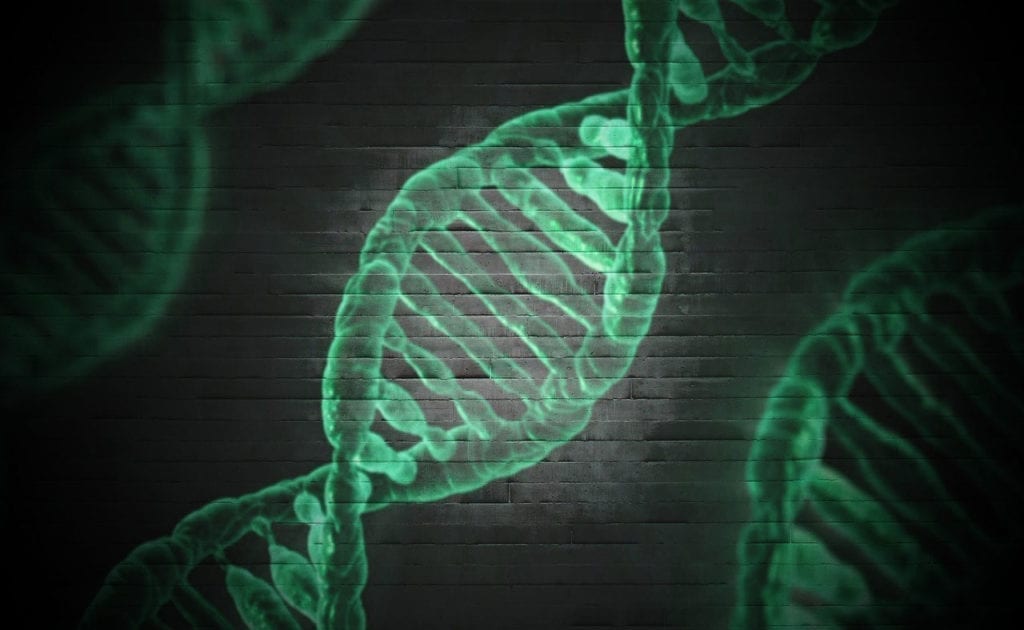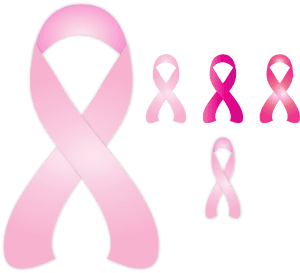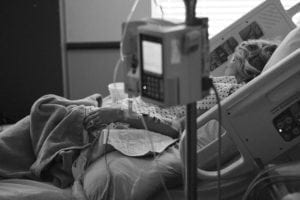According to Medical XPress, new research suggests that removing microRNA from triple negative breast cancer cells can reduce the cancer’s spread and progression. The research also found that microRNA could be a therapeutic target, allowing for early breast cancer identification and treatment. Read the full study findings in the International Journal of Molecular Sciences.
MicroRNA
So what exactly is microRNA? The Comprehensive Cancer Center at Ohio State University describes microRNA as:
the name of a family of molecules that helps cells control the kinds and amounts of proteins they make. That is, cells use microRNA to help control gene expression, [or whether a particular gene is making too much, too little or the normal amount of its protein at a particular time].
Within the research, researchers discovered that miR-21, a type of microRNA associated with cancer, is heightened in patients with triple negative breast cancer. This also increases the chance that the cancer will metastasize, or spread to other areas of the body.
Using CRISPR, a gene editing method, researchers removed miR-21 from triple negative breast cancer cells. After the removal, researchers found that the cancer stopped metastasizing, suggesting that this process could inhibit cancer progression. Additionally, after using CRISPR, cancer cells held less miR-21 within their vesicles. Although additional research is needed, this study suggests that gene editing to remove microRNA could play a huge role in the future of breast cancer care.
Breast Cancer
Breast cancer is the second most common cancer in females, although it can occur in both males and females. An estimated 10% of cases result from BRCA1 or BRCA2 genes. Additionally, 10-20% of breast cancer diagnoses are thought to be triple-negative breast cancer. Triple-negative breast cancer is explained by BreastCancer.org as:
cancer that tests negative for estrogen receptors, progesterone receptors, and excess HER2 protein. These results mean the growth of the cancer is not fueled by the hormones estrogen and progesterone, or by HER2 protein [so] triple-negative breast cancer does not respond to hormonal therapy medicines or medicines that target HER2 protein receptors.
Because of this, triple-negative breast cancer is considered a difficult-to-treat cancer with a relatively poor prognosis. Risk factors for developing breast cancer include age, being female, radiation exposure, alcohol use, obesity, never being pregnant, or having a child when one is older. Symptoms include:
- A lump in breast tissue
- Breast size, shape, or appearance changes
- Inverted nipples
- Dimpled or pitted breast skin
- Breast peeling, scaling, crusting, flaking, or redness
Learn more about breast cancer.






